Sport
The Worst Time to Visit Phuket Avoiding Tourist Traps and Disappointments
Phuket, an island in the Andaman Sea known for its stunning beaches, lively nightlife, and rich culture, is a popular tourist destination all year round. However, not all times of the year are created equal when it comes to visiting this tropical paradise. While many travel guides may tout the benefits of visiting Phuket during certain months, there are also times when the island is plagued with overcrowding, unpredictable weather, and overpriced accommodations. In this article, we discuss the worst time to visit Phuket and provide tips on how to avoid common pitfalls to ensure a pleasant and memorable vacation.
Monsoon Season: The Main Culprit
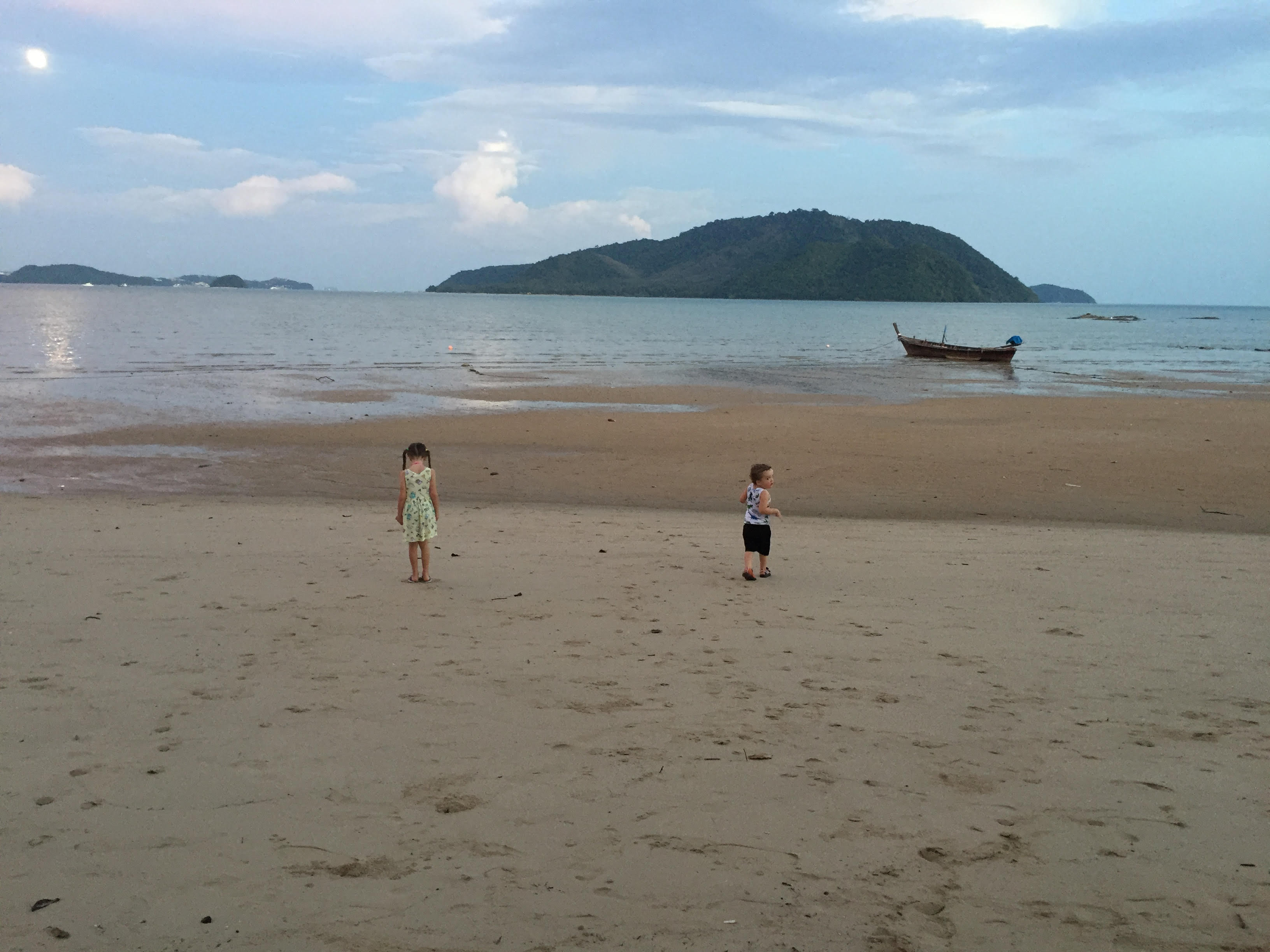
Phuket experiences two distinct seasons: the dry season from November to April and the rainy season from May to October. The monsoon season is, by far, the worst time to visit Phuket. During this time, the island is hit with heavy rainfall, frequent thunderstorms, and rough seas. This makes outdoor activities such as swimming and snorkeling virtually impossible, and the beaches become deserted due to the strong currents and high waves. Additionally, the rains can disrupt transportation and cause delays or cancellations of tours and excursions.
Unpredictable Weather Patterns
One of the biggest downsides of visiting Phuket during the monsoon season is the unpredictable weather patterns. While some days may see clear skies and sunshine, others can be completely soaked in rain. This makes planning outdoor activities challenging, as you may have to cancel or reschedule last minute due to unexpected downpours. It’s also worth noting that the monsoon season varies in intensity each year, so you may not know what to expect until you arrive on the island.
Crowds and Closures
Monsoon season in Phuket also means fewer tourists, which may seem like a positive thing. However, this can actually lead to many businesses and tourist attractions shutting down for the season. Restaurants, bars, and shops may close due to the lack of customers, and popular tourist spots, such as National Parks, may limit their operating hours or close completely. This can be frustrating for visitors who have limited time and want to experience all that Phuket has to offer.
Avoiding the Monsoon Season
The monsoon season in Phuket typically lasts from May to October, with September being the wettest month. If you want to avoid the worst of the rains, it’s best to plan your trip during the months of November to April. These months see lower chances of rain and more pleasant temperatures, making it the ideal time for outdoor activities and sightseeing. Additionally, most businesses and tourist attractions are fully operational during this time, giving you more options for places to visit and things to do.
Peak Season: Prices and Crowds Skyrocket
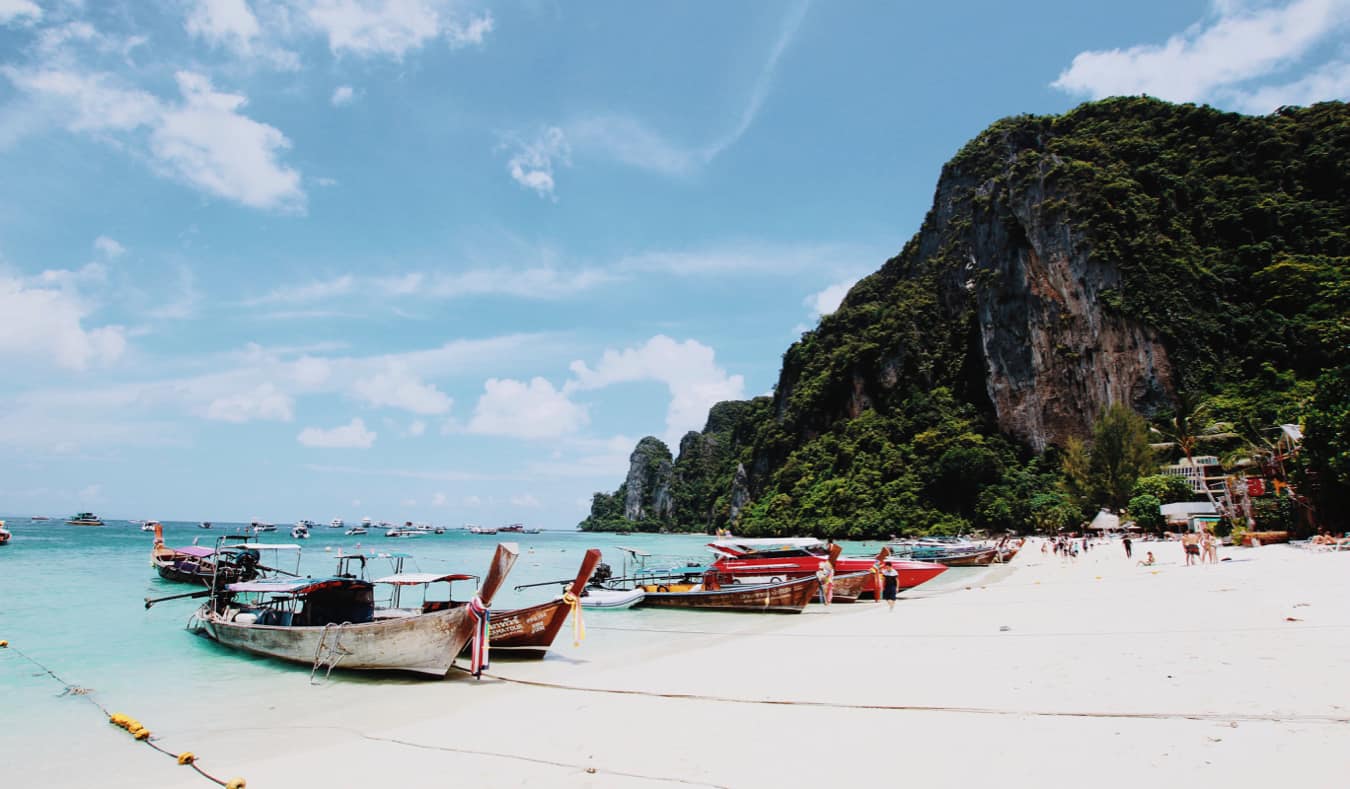
While the dry season may seem like the perfect time to visit Phuket, there is one major downside – peak season. From December to March, the island sees an influx of tourists, leading to overcrowding and inflated prices. This makes it challenging to find affordable accommodations, and many popular beaches and attractions are packed with people. The peak season may also mean longer wait times for dining and transportation, as well as higher rates for tours and excursions.
High Prices, Low Value
One of the main reasons why the peak season is considered the worst time to visit Phuket is because of the high prices and low value. Due to the high demand, hotels and resorts charge exorbitant rates, and many may require minimum night stays. This can be frustrating for budget travelers who are looking for affordable options. Additionally, with so many tourists on the island, the service and quality of experiences may suffer, making it difficult to fully enjoy your vacation.
Dealing with Crowds
The peak season also means dealing with large crowds, especially at popular attractions such as Phang Nga Bay and Phi Phi Islands. Long lines, overcrowded beaches, and crowded restaurants can all take away from the peaceful and relaxing vacation you had envisioned. The crowds can also make it challenging to find transportation and navigate through the bustling streets of Phuket.
Planning Ahead
If you do choose to visit Phuket during the peak season, it’s important to plan ahead. Book your accommodations well in advance to secure better rates and availability. Also, avoid popular destinations on the weekends and opt for less crowded beaches and attractions during weekdays. It’s also a good idea to book tours and excursions ahead of time to avoid long wait times or being turned away due to overcrowding.
Chinese New Year: A Cultural Celebration or a Tourist Trap?
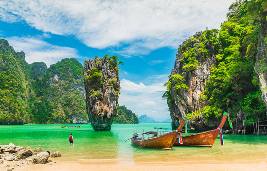
Chinese New Year, also known as Spring Festival, is a significant cultural event celebrated by millions of people around the world. In Phuket, it’s a time when the island comes alive with vibrant parades, elaborate decorations, and traditional ceremonies. While this may seem like an exciting time to visit, it’s important to understand that Chinese New Year in Phuket is more about catering to tourists than celebrating the holiday itself.
Overcrowding and Price Hikes
Chinese New Year in Phuket falls between January and February, which also happens to be the peak tourist season. This means that the island becomes even more crowded, and prices for accommodations, attractions, and dining skyrocket. Many hotels and resorts require minimum night stays during this time, and some may even charge extra fees for Chinese New Year festivities. This can be a major inconvenience for travelers on a budget or those looking for a more authentic cultural experience.
Lack of Authenticity
As mentioned earlier, Chinese New Year in Phuket is more about catering to tourists than celebrating the holiday itself. This means that many of the festivities and events are geared towards entertaining visitors rather than honoring traditional customs and traditions. While it can be an entertaining and lively experience, it may not accurately represent the true meaning and significance of Chinese New Year.
Exploring Alternative Celebrations
If you do happen to visit Phuket during Chinese New Year, it’s best to avoid popular tourist spots and instead explore alternative celebrations. Many local temples hold cultural ceremonies and activities that are open to the public, giving you a closer look at the religious and cultural aspect of the holiday. It’s also a good idea to venture outside of Phuket and explore other nearby islands, such as Koh Samui or Krabi, which may offer more authentic experiences.
Thai Holidays: Surprises and Restrictions
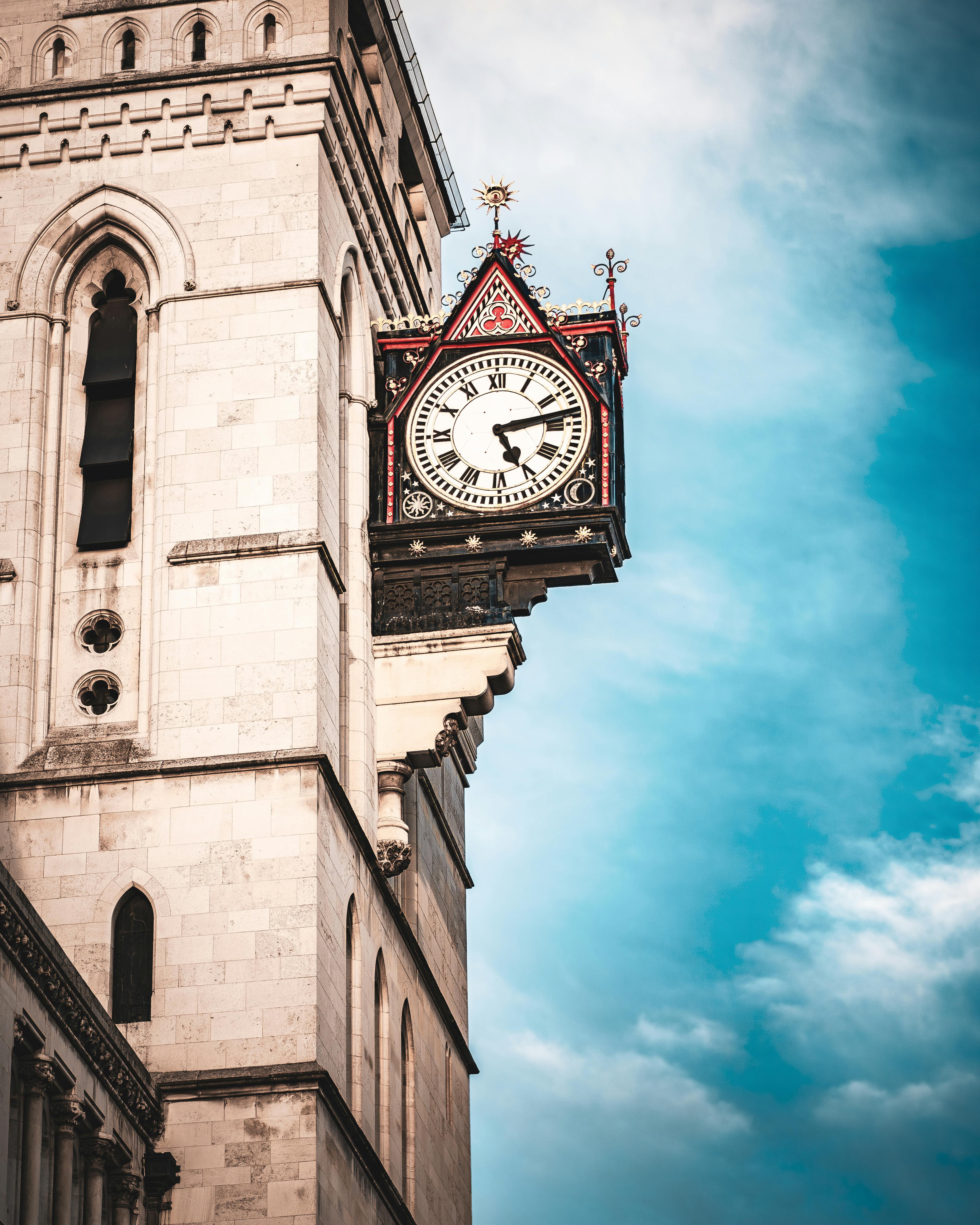
In addition to Chinese New Year, there are several other holidays and festivals in Thailand that may affect your trip to Phuket. These include Songkran (Thai New Year), Loy Krathong (Festival of Lights), and Thai Queen’s Birthday, among others. While these holidays can be exciting and culturally enriching, they can also come with surprises and restrictions that may impact your vacation.
Festivities and Parades
During Thai holidays, the streets of Phuket come alive with colorful parades, street performances, and cultural activities. This can be a fun and exciting experience for tourists, but it can also lead to crowded streets and disrupted transportation. Additionally, some businesses may close early or shut down completely during these holidays, so it’s important to plan ahead and check for any closures or changes in operating hours.
Alcohol Bans and Restrictions
One thing to keep in mind when visiting Phuket during Thai holidays is the alcohol bans and restrictions. During certain holidays, such as Songkran, there may be a complete ban on alcohol sales or consumption in public areas. This can be disappointing for travelers who were looking forward to enjoying a cocktail by the beach, but it’s important to respect local customs and laws.
Embracing the Festivities
If you happen to visit Phuket during a Thai holiday, embrace the festivities and immerse yourself in the culture. Attend parades, participate in cultural activities, and try traditional foods. Also, be prepared for potential disruptions and plan your itinerary accordingly. It’s also a good idea to check with your hotel or tour operator for any changes in schedules or cancellations due to the holiday.
FAQs
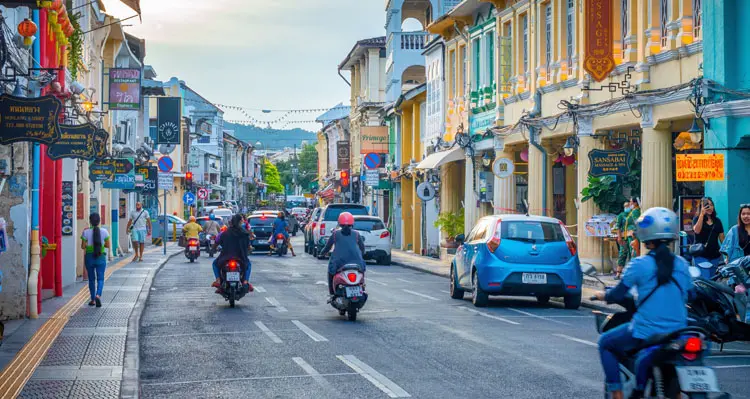
When is the best time to visit Phuket?
The best time to visit Phuket is from November to April, which is the dry season. These months offer pleasant weather, lower chances of rain, and more operational tourist attractions.
Is it safe to visit Phuket during monsoon season?
While it’s not necessarily unsafe, it’s best to avoid visiting Phuket during monsoon season. The heavy rains and rough seas can make outdoor activities challenging, and many tourist attractions may close down for the season.
What is the peak season in Phuket?
The peak season in Phuket is from December to March, which coincides with the dry season. This is when the island sees an influx of tourists and higher prices for accommodations and activities.
Are there any natural disasters to be aware of in Phuket?
Phuket is susceptible to natural disasters such as tropical storms and earthquakes. However, these are rare occurrences and should not deter you from visiting the island.
Can I still have a good experience in Phuket during the low season?
While visiting Phuket during peak season may offer more options for activities and attractions, you can still have a great experience during the low season. Just be prepared for potential closures and limitations due to the weather.
Conclusion
Visiting Phuket is often a dream for many travelers, and with its stunning beaches, rich culture, and lively atmosphere, it’s easy to see why. However, it’s essential to understand that not all times of the year are ideal for visiting this tropical paradise. Whether it’s the heavy rains and unpredictable weather of monsoon season, the crowds and inflated prices of peak season, or the cultural celebrations that may not accurately represent local customs, there are certain times when Phuket may not live up to expectations. By avoiding the worst time to visit Phuket and following our tips, you can ensure a fantastic and memorable vacation on this beautiful island.

